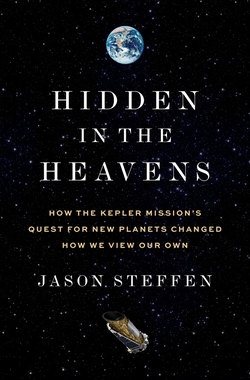Centauri Dreams incorrectly identified the name of one of the new Plutonian moons yesterday as Nyx. The actual name is Nix, as witness this statement from the International Astronomical Union, quoting Oddbjørn Engvold, general secretary of the organization:
“In Greek mythology, Nyx is the goddess of the night, but since asteroid 3908 already bears the Greek name Nyx, we changed Nyx to its Egyptian equivalent, Nix. Hydra was a nine-headed serpent with poisonous blood that had its den at the entrance to Hades, where Pluto and his wife Persephone entered the Underworld.”
Also on the IAU’s agenda at its General Assembly in Prague in late August is a looming question: what is the proper definition of a planet? Pluto’s planetary status is clearly at stake, as is that of 2003 UB313, the 10th ‘planet’ known unofficially as Xena. The Centauri Dreams take is that anything Pluto-sized and over is a planet, and if we wind up with a Solar System of 35 planets, most of them in the Kuiper Belt, so be it. But those who favor more economical systems may prefer eight planets surrounded by large chunks of debris. The IAU has the call.


Pluto is clearly not a planet like the ones found from Mercury
to Neptune, and certainly not like the ones we have found so
far around other suns.
Give it a new designation, be it a Kuiper Belt Object (KBO) or
Iceballisimoid or something else. It and the other members of
its group are clearly their own species, as it were.
Personally I think calling it a planetoid would fit the bill plain and
simple, as we already call the little rocks between Mars and Jupiter
(I know many folks call them asteroids, but they are clearly little
planets, not little stars), but it seems that many people want a
clear cut, black and white definition in a Universe that does not
operate according to human concepts of order and priority.
We are already finding worlds around alien stars that are nothing
like what we have around our sun, Sol. So what do we call them,
or does the debate go on forever?
Perhaps the public should get involved. It will make them feel
like part of the process, rather than watching a bunch of ivory
tower and technogeek types argue above their heads, they will
learn a thing or two about astronomy, and we may even foster
the interest of a few people into becoming astronomers of the
amateur or professional type, or both.
The astronomy community has the chance to turn what could
be an abstract and esoteric debate into something of interest
and benefit to the wider public. Let’s see if the scientists follow
the right course and keep in mind who ultimately supports them
financially – or not.